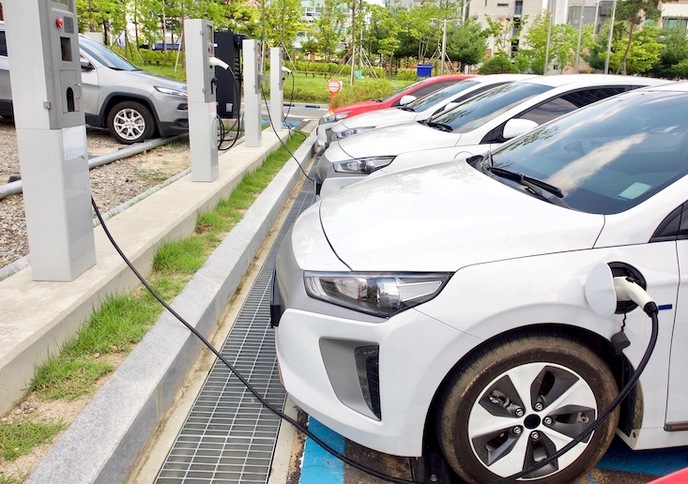Hybrid electric vehicles don’t have to be a costly option
More and more people like the idea of a hybrid electric vehicle that can be recharged for short hop-around trips into town but can also switch to diesel or petrol for longer journeys. But such dual-propulsion vehicles are more expensive than normal diesel or gasoline cars. The European Commission has demanded a cost reduction to bring hybrid vehicles closer to the price of best-in-class diesel vehicles to achieve emissions targets within a decade. Under the ADVICE(opens in new window) project, the focus was on top-of-the-range hybrid vehicles which include sport utility vehicles (SUVs) and luxury cars to make them lighter and cheaper, reduce emissions and improve performance. “Premium class vehicles are usually heavier. They have significant problems reaching EU emissions targets,” explains project coordinator Bernhard Brandstätter, head of Energy Efficiency and Human Centred Solutions at Virtual Vehicle Research(opens in new window), a company in Graz, Austria. One obvious way to reduce vehicle mass and fuel consumption is to downsize the combustion engine. Another is to develop advanced controls to balance the load between the combustion-driven and electrical drive systems, to minimise fuel consumption. An additional aim was to improve performance to make hybrid vehicles fun to drive. “This is important for the premium class customer,” Brandstätter says, adding: “’Fun to drive’ or ‘driveability’ can be defined in technical terms by acceleration and speed. We want drivers to feel that once they have driven an electric vehicle, they don’t want to go back to a normal combustion engine.”
Demonstrator vehicles
The project team built three demonstrator vehicles that use different hybrid combinations and fuels from diesel to gasoline. They included a so-called ‘mild hybrid’ with a smaller 48 V electrical axle in the rear which supports the combustion engine but does not replace it, a hybrid vehicle with high-performance battery and a plug-in hybrid. The aim is for hybrid and mild hybrid vehicles to be no more than 5 % more expensive than the best-in-class diesel vehicle on the market, Brandstätter says. Plug-in hybrids, which can be recharged from an external source and which tend to be more complex vehicles, should not be more than 15 % more costly than the best-in-class diesel, he adds. “We put the demonstrator vehicles on the test track and used a mixed validated testing approach that relied on simulation-assisted testing of components and systems on test beds. With this, we were able to prove they could reach the targets of making these vehicles cheaper, keeping to the limit of noxious emissions, and bringing down fuel consumption,” Brandstätter says.
Simulation models
The results can be applied more broadly to vehicle design. “We created a validated simulation environment for all these demonstration vehicles. These gave us the opportunity to expand our findings to other vehicles by changing the parameters and integrating different components from the test bench,” Brandstätter explains. “The simulations provided a clear picture of how these vehicles would perform when they are fully built, and the vehicles performed as expected.” EU funding of over EUR 10 million was crucial in bringing together the 20-partner consortium, including three universities which contributed more basic research, Brandstätter notes. “To tackle big challenges of price, noxious emissions and fuel consumption, you need to go in every possible direction, and you cannot rely on just a small number of partners.”







